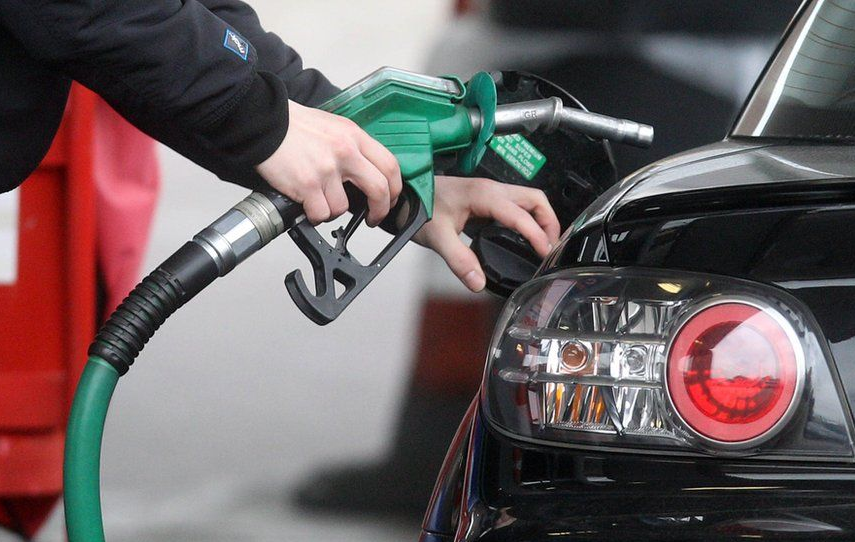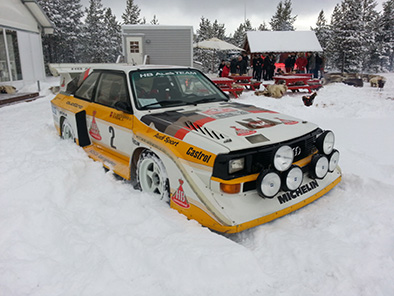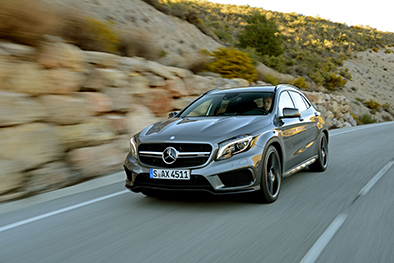 Average of 32% increase in fuel prices in the past year – AA Ireland
Average of 32% increase in fuel prices in the past year – AA Ireland
Average national price of petrol is currently 170.3 cents while diesel stands at 160.5 cents. In January 2021, the average price of fuel stood at 129.9 cents for petrol and 120.8 cents for diesel The price of petrol has increased by 31% in the past year, and there has been a 33% increase in the price of diesel.
At the start of 2022, fuel prices remain close to the highest levels ever recorded. That is according to figures compiled by AA Ireland, which show that the average national price of petrol is currently 170.3 cents per litre, while diesel stands at 160.5 cents per litre on average.
“Looking at the figures for January 2021, the average price of fuel stood at 120.8 cents for diesel and 129.9 cents for petrol. This means the price of petrol has increased by 31% in the past year, and there has been a 33% increase in the price of diesel,” says Anna Cullen from AA Ireland.
“The prices this month are on par with December 2021, with a negligible decrease of about 1%. They are down by 1.5% on November figures, when AA Ireland reported record high fuel prices,” Cullen adds.
Currently, Ireland is the 17th most expensive country in the world for fuel and we rank 12th in Europe. The most expensive countries include Hong Kong, the Netherlands, Israel, Norway, Finland, Denmark, the UK, Greece, Iceland and Sweden.
Why are prices so high?
60% (two-thirds) of the price paid at the pumps is tax and this includes VAT and carbon tax. And, keep in mind it can take two weeks for any reductions to reach the pumps.
Then, there is the cost of oil as well as production. In early 2020, members of OPEC Plus (a large group of oil exporting nations), agreed to cut output by about 10 million barrels a day (bpd) due to the lack of demand.
However, demand for oil has risen significantly and will continue to rise this year. The difficulty is that oil producers aren’t keeping up with this demand, causing prices to stay high. This is evident as the cost of a barrel of Brent Crude Oil is now at $85 (€75). On Friday (22nd), the cost rose to $88 – the highest seen since 2014.
“Each month since the pandemic hit, OPEC Plus members have met to set output quotas. In July 2021, the group set out plans to raise the overall output by 400,000 barrels a day (bpd) each month – but they have been missing the targets,” says Cullen.
Despite missing the targets, they met again last Tuesday (18th) and agreed to stick with its planned increase for February.
In its monthly report, OPEC said this year’s demand rise will take oil use above pre-pandemic levels. On an annual basis, according to OPEC, the world last used over 100 million bpd of oil in 2019.
“Unless supply meets demand, fuel prices will remain high in Ireland and across the world. We don’t see fuel prices coming down any time soon which is really concerning for consumers. We also have to look at our taxation system – 60% at the pumps is a very high figure, so it is within the remit of the Government to ease the pressure on prices that consumers pay,” Cullen adds.
Cost of living in Ireland
Ireland is the ‘16th most expensive place to live, according to the site Numbeo. Headline inflation is now at 5.5% – its highest level since 2001. Figures show the most significant increase was recorded in transport, which rose by 16% due to higher prices for diesel, petrol and cars.
“The high cost of living is severely impacting lower-income families and people living in rural areas. They rely on their cars to get around, people in rural areas do not have access to adequate public transport. The options are simply not there,” says Cullen.

































